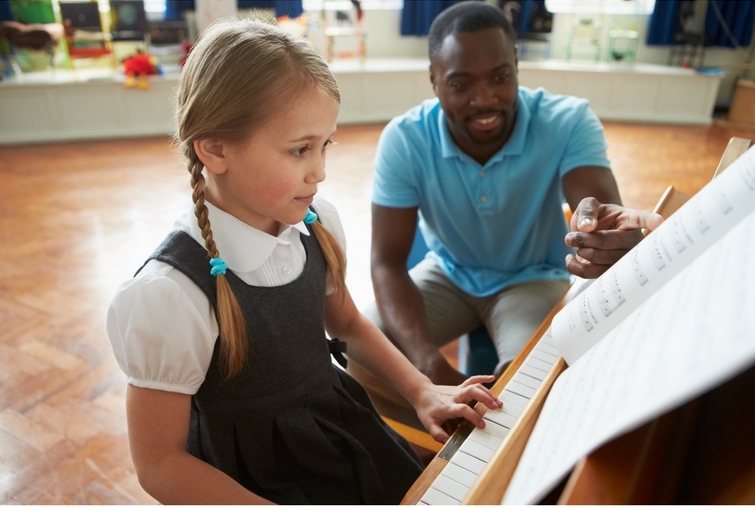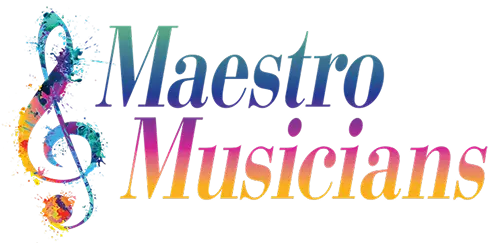
Are Piano Lessons Worth It?
In today’s blog post, we examine the question, “Are Piano Lessons Worth It?”. Why are we investigating this question, you might ask? Because based on our experiences at the Maestro Musicians Academy, there are many people who genuinely want to know what their children will get out of this experience. Many people who are curious about piano lessons are scared that they will fork out a lot of money without getting a good return on their investment. While I admit my bias as a music teacher, I am here to disabuse you of this notion, because I have seen the results of our lessons up close since I started teaching in 2003. In fact, studies show that even long after students have stopped taking lessons, the benefits persist into adulthood.
So here are the reasons why, indeed, Piano Lessons ARE Worth It!
-
Piano Lessons Teach Children the Art of Meaningful Communication. There are so many passive activities that compete for our children’s attention today, such as TV, games on the IPad, and Youtube, and learning music actual develops the skills needed to produce something of value and substance that can be appreciated by the student or the listener. I cannot state how important this is, and how transferable that skill is to other realms. For instance, much in the same way that a child learns how to play a piece of music, putting together the whole performance, one note at a time, he or she will one day use the same skills to plan, process, and execute goals – these are life skills that range from completing small tasks to large projects. We call these “Executive Functioning Skills”.
-
Piano Lessons Teach Math and Science. Learning how to play music requires knowledge of rhythm, which is a fancy way of saying “time measurement”. Many kids who learn piano are already learning about fractions and division before their peers – they just don’t realize it yet! Music lessons also teach the science of acoustics and projection. Students learn how to get the most expressive sounds across through a sonic language that is based on natural laws and mathematical ratios.
-
Piano Lessons Teach Body Awareness and Control. Teachers often evaluate children on their gross and fine motor control skills. Why? In examining fine motor control, it is important to be able to cut, use utensils, or use a pencil or pen as a life skill. In evaluating gross motor control, it is important for children to be able to know how to control their bodies on a “macro level”, meaning that they can sit still when needed, and focus on the environment around them. Kids have different rates of learning these skills, and some are born with higher or lower natural abilities. Where piano lessons fit in, is in their ability to help kids have a purpose for calming the body or controlling the smaller motions of the hand to build strength.
-
Piano Lessons Teach Spirituality. This term, “spirituality”, is often overused or mocked in today’s parlance, but I believe wholeheartedly that piano lessons DO teach spirituality! So what does that mean? Music is a language of the soul – In other words, we are transmitting and receiving energy through sound, from one energy being to another. Words are not necessary. What makes music actually music, rather than “just” sound? In my opinion, it’s the addition of beauty – the ability to discern the pleasing from the unpleasing – the sacred from the ugly and profane. Many “artists” have forgotten this today, but our children need this skill so that they can know the difference and become better human beings, which is a process we all can choose to go through in life.
-
Piano Lessons Cultivate Self-Improvement. In order to play any piece well, you have to hone the skills necessary to learn it. Kids are deprived today of opportunities to become “self-starters”. While a teacher serves as a guide and mentor, giving the student the tools to succeed, the ultimate goal is for students to learn how to work on their own within defined parameters. Young children are taught these skills through repetition and practice, and the goalposts change every week from lesson to lesson, which is what makes music so perfect for challenging, developing, and stimulating the mind.
